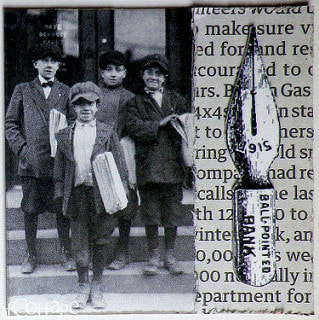Sleeping less, more stress: How ‘quarantine 15’ became ‘quarantine 29’ With so many people spending their days kitchen-adjacent, readily indulging in fat- and carb-laden comfort foods, the “quarantine 15” was expected early in the pandemic. But a survey by the American Psychological Association showed that some people gained almost double that, sparking concern over the long-term health impact of these stressful events. The group’s February survey of 3,000 American adults found many are drinking more and sleeping less. |
Among the 3,000 surveyed, millennials and essential workers reported the largest increases, 41 and 38 pounds. They were followed by men ( 37 pounds), parents (36 pounds), and Black adults (35).
Professor Dianne Neumark-Sztainer, who heads the University of Minnesota’s Division of Epidemiology and Community Health, said research she’s leading has found that being exposed to weight stigma (for example, being teased about one’s weight by family and friends) predicts weight gain over time.
“During the global pandemic, there has been an increased focus on obesity and its intersection with COVID-19, which may, inadvertently, lead to increased weight stigma and weight gain,” she wrote . “Furthermore, the increased isolation and stress may contribute to weight gain over time.”
29 Average pounds gained
41 Gain reported by millennials
38 Gain by essential workers
36 Gain reported by parents


 RSS Feed
RSS Feed